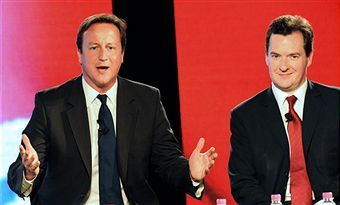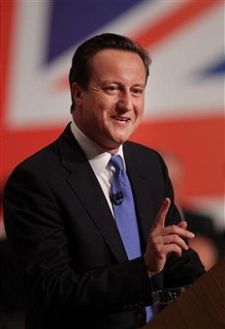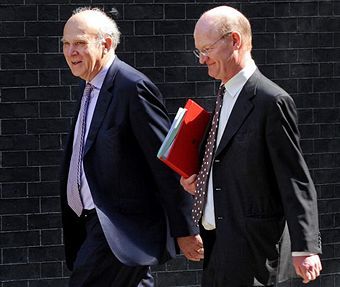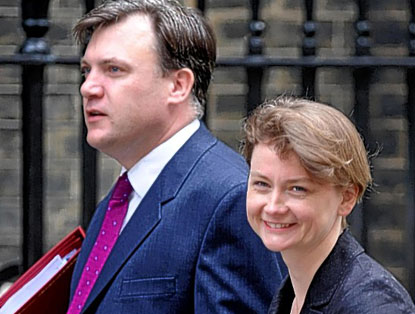Labour’s Kill Clegg strategy
One question swirling through the sea of British politics is this: how will Ed Miliband act towards the Lib Dems? The Labour leader certainly didn’t flinch from attacking the yellow brigade during the leadership contest, at one point calling them a “disgrace to the traditions of liberalism.” But surely he’ll have to soften that rhetoric in case the next election delivers another bout of frenzied coalition negotiations. Which is why Andy Burnham’s article in the Guardian today is worth noting down. In making his point – that the Lib Dems haven’t won the pupil premium they sought – he does all he can to force a wedge between Nick Clegg















